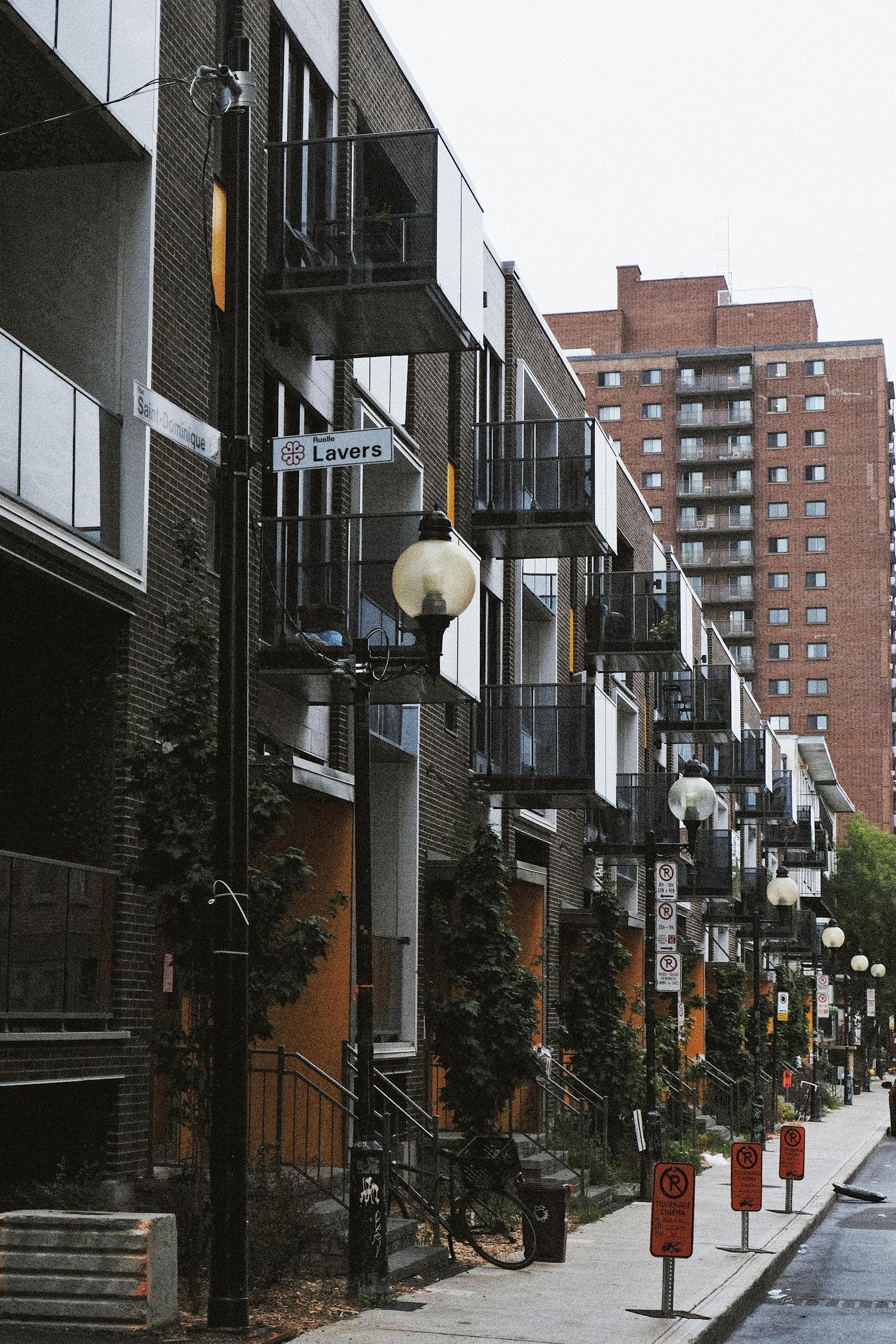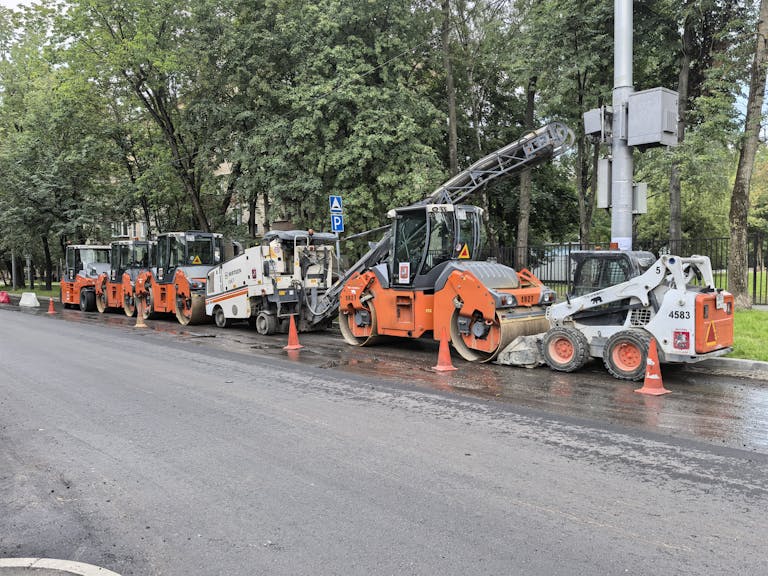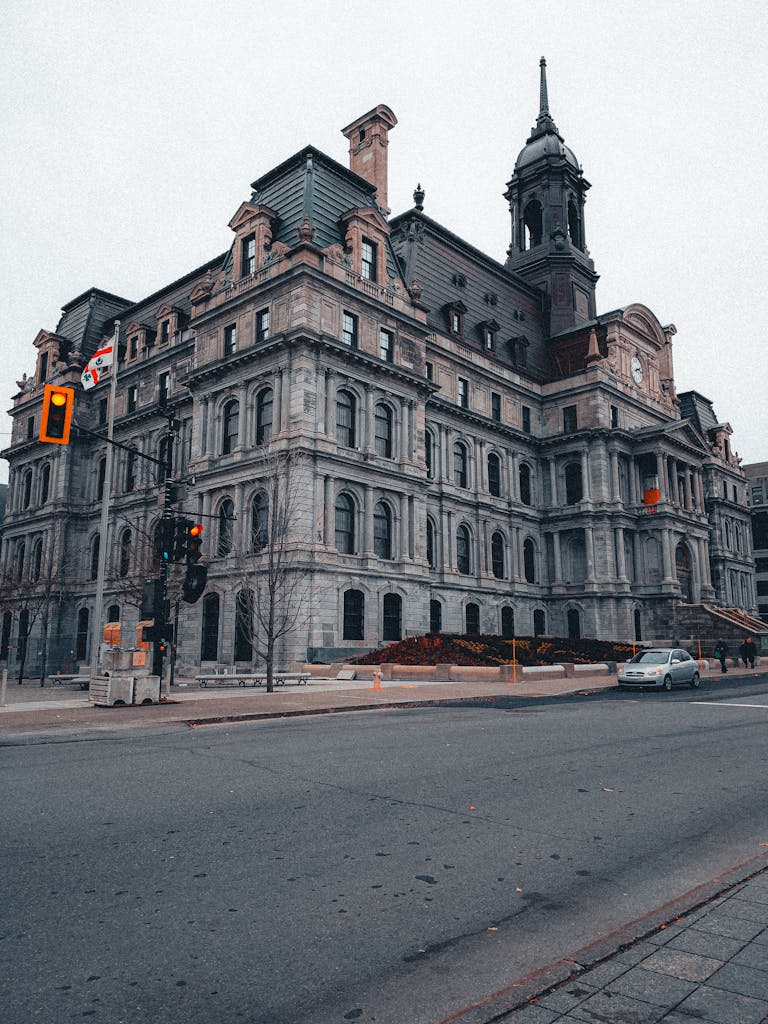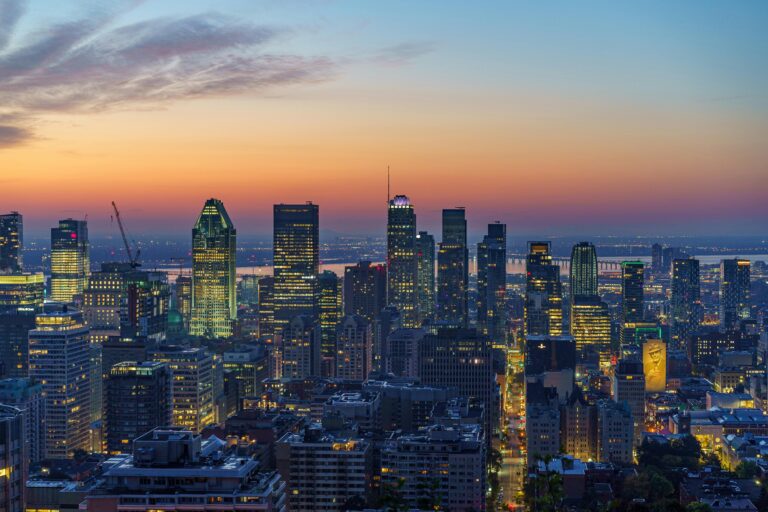The Ballot and the Rent: Why Housing Will Decide Montreal’s Mayoral Race
In Montreal, elections used to turn on questions of language, leadership, or ideology. This year, it may come down to something simpler — and far more personal: rent.
It’s the issue that cuts across borough lines and class divides. Whether you’re in a new Griffintown condo, a Plateau walk-up, or a basement apartment in Saint-Michel, the same anxiety hangs in the air: will I still be able to afford to live here next year?
The average rent in Montreal has climbed more than 30 per cent in five years. Young professionals are spending half their income on apartments smaller than their parents’ first kitchens. Students compete with tourists for Airbnbs disguised as “short-term rentals.” Even in traditionally stable neighbourhoods like Rosemont and Verdun, tenants are watching their leases become battlegrounds.
And while housing headlines have become routine, this election feels different. The affordability crisis has moved from policy talking point to political reckoning. Every candidate for mayor — Luc Rabouin of Projet Montréal, Soraya Martinez Ferrada of Ensemble Montréal, and Craig Sauvé of Transition Montréal — is being judged by one standard: who can actually move the needle?
Rabouin inherits both the achievements and frustrations of the outgoing administration. Under Valérie Plante, the city invested heavily in social housing and pledged to protect affordability, but shovels hit bureaucratic ground before they hit the real one. Projects were delayed, land values soared, and developers learned to navigate loopholes faster than the city could close them. Rabouin promises to cut through the red tape, but to many voters, that promise sounds familiar.
Martinez Ferrada sees opportunity in the fatigue. She argues that the city’s good intentions have become excuses for inertia. Her pitch is pragmatic: more permits, faster approvals, and incentives for builders who can deliver units quickly. Her risk is obvious — speed without safeguards could mean quantity without quality, and development without affordability. But her tone resonates with those who’ve lost patience with process.
Then there’s Sauvé, who frames housing as not just an economic issue but a moral one. His platform calls for tighter rent control, cooperative housing expansion, and a city-wide crackdown on speculative ownership. He speaks to voters who no longer believe market forces will ever fix themselves. His challenge is scale — bold ideas are easy to applaud, hard to implement.
Behind these campaign contrasts lies a deeper question: what kind of city does Montreal want to be? A city that welcomes growth but forgets its roots? A city that prizes culture but drives out the artists who built it? A city where family homes become assets rather than legacies?
The crisis has stripped away pretence. Housing is no longer about ideology; it’s about survival. And voters know it. The debate is not whether to build, but where, how, and for whom.
It is also about trust. After years of consultations and pilot programs, Montrealers are skeptical. They’ve seen bold announcements dissolve into zoning disputes, and affordability targets vanish into spreadsheets. The next mayor will need to deliver visible results within a single mandate — something concrete enough to touch, not just read about in a press release.
If there’s one irony, it’s that housing — once dismissed as a provincial or federal jurisdiction — has become the heartbeat of local politics. Montrealers no longer care who technically controls what; they care who will take responsibility.
This election won’t be decided by the best debate performance or the slickest ad campaign. It will be decided by the quiet verdicts of tenants and homeowners who, for the first time, see their private struggles mirrored in public conversation. Every rent increase, every delayed building permit, every eviction notice is now a political act.
When voters step into the booth this November, they won’t just be choosing a mayor. They’ll be deciding what kind of city Montreal wants to become — and who it’s still meant to belong to.



